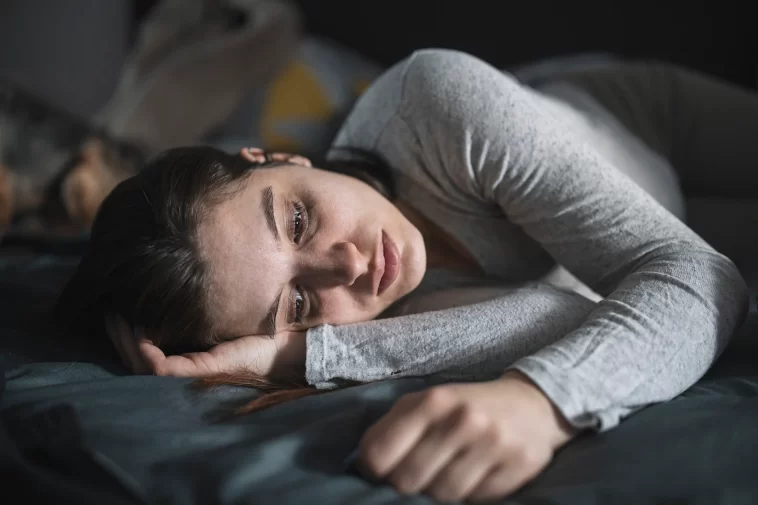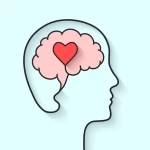Sleep deprivation: A good night’s sleep is one of the healthiest habits you may develop in order to live a disease-free and happy life. Sleeping for 7-8 hours per night can put many health problems at bay, particularly chronic diseases including cancer, diabetes, chronic kidney disease, liver disease, depression, dementia, Parkinson’s disease, and arthritis. Not only can it help you concentrate better throughout the day, make fewer errors, and improve your mood, but it can also boost your immunity. Many people suffer from sleep disorders, such as insomnia, which prevent them from achieving optimal rest, however the majority of sleep problems are caused by poor sleep hygiene. Not sleeping at the same time every day, having a large meal, remaining hooked to the computer for long hours and leading a sedentary lifestyle can all contribute to reduced sleep quality. (Also see: Early indicators of brain diseases you should not ignore during sleeping.)
“They say if you get up before 12 pm and you can again go back to sleep this means you are sleep deprived or if you get up in the morning and cannot function without having your dose of coffee or tea, it means you require more sleep,” says Dr. Shirish M Hastak, Regional Director, Neurology, Stroke & Neurocritical Care, Global Hospital, Parel, Mumbai
Also read: How to take care of your mental health.
Can you survive without your morning cuppa?
Dr Hastak notes that considering so many people need multiple cups of tea and coffee before 12 pm in order to get ahead with their day, it is very much possible that many of us are chronically sleep deprived. “If you can go without your cup of tea till 12 pm probably you are not sleep deprived,” says the neurologist. He warns that sleep deprivation is a major issue now and we aren’t recognising it.
“We just push ourselves to have one cup and the next,” he says.
Do you need an alarm to wake up in the morning or your are alert and awake at a fixed time every day? Dr Hastak says if you need an alarm to wake up, then probably you are sleep deprived.
He goes on to explain what happens to our body and mind when we are not sleeping enough:
It can make it hard for you to focus
Do you struggle to concentrate on the task at hand and take hours for even a ten-minute job? You probably are sleep deprived and not realising it yet. “When you are not able to sleep you get fatigued, irritabile and find it difficult to concentrate,” says Dr Hastak.

Lack of sleep can be fatal
If you aren’t sleeping enough you are at risk of many chronic health issues and also death. As per some animal studies, prolonged or total sleep deprivation can lead to death
Your motor activity goes down
Motor activity is related to eye movements, reaching, jumping, avoiding of obstacles, etc. When you do not sleep your motor activity goes down and affects your daily functioning. It can also bring down your motivation to work.
Micro sleep episodes can put you at risk of accidents
Sleeping briefly for 15 seconds or less is a micro-sleeping episode and many people who haven’t slept for days or are not able to sleep well can report it.
“It is common among cab drivers who haven’t slept for days at stretch to get micro sleep episodes because of which there can be major car accidents,” says Dr Hastak.
Hallucination
According to WebMD, when the absence of sleep disconnects you from reality, it can present as hallucinations or delusional thinking. It happens due to severe or prolonged sleep deprivation.
“From neuro pont of view you can hallucinate if you are sleep deprived. The hallucination can be visual (seeing things or people that aren’t there) or tactile (feeling someone’s touch on the body etc),” says Dr Hastak.
Seizures
Lack of sleep can be a trigger of seizures in people who already have had tumours or seizures in the brain.
Apart from that most of the psychiatric issues have some link with sleep deprivation. People with depression, anxiety and other mental health issues are not able to sleep well and this could further deteriorate their mental health, says Dr Hastak.
But do all people need 7-8 hours of sleep?
Dr Hastak says not all people need same amount of sleep. While some people need 5 hours of sleep and they can operate well, for some people even 8 hours is not enough.
“There is a varability in sleep of people. Some people need 4-5 hours of sleep while others can require 8 hours or more. It’s like satiety where some people will be happy with 2 chapatis while others need 5,” says the neurologist.




